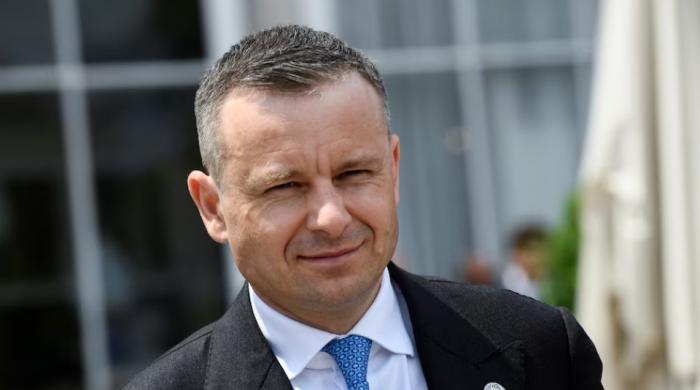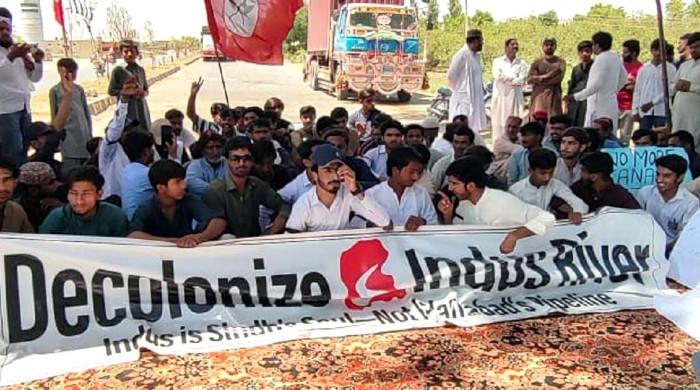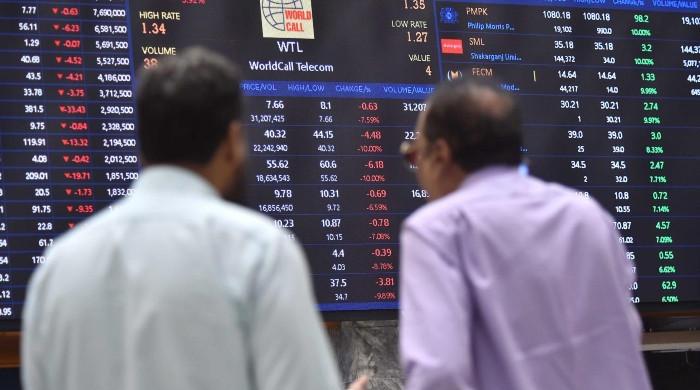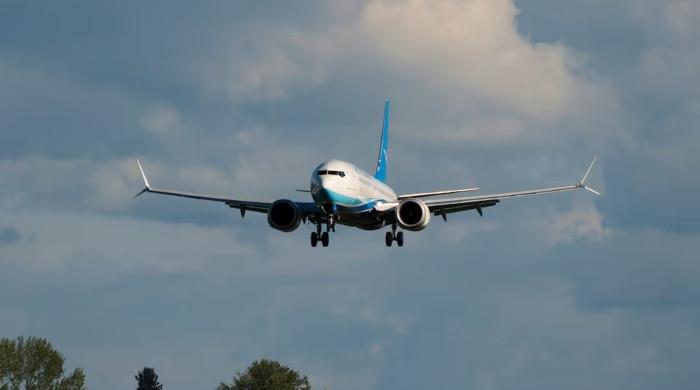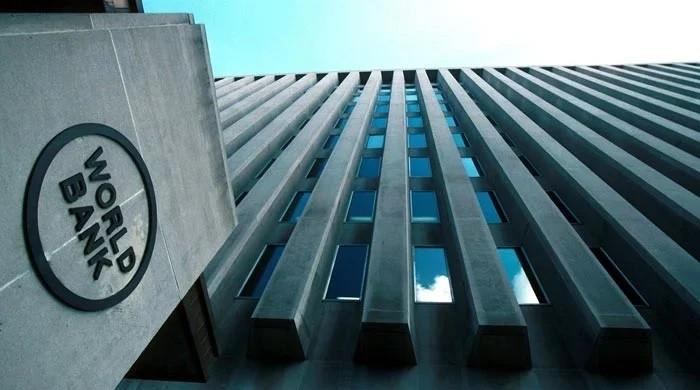PSO plans to build $500m LNG terminal: report
PSO CEO reveals import terminal will be located near Karachi and would take four years to complete
September 20, 2022
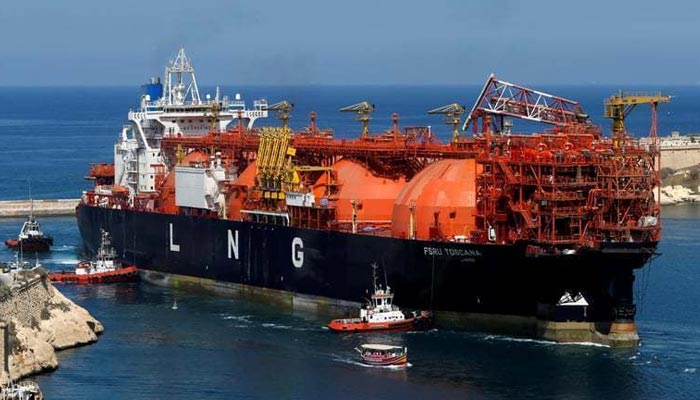
- PSO CEO reveals import terminal will be located near Karachi.
- It would take four years to complete the project.
- “Our objective is clear we want to venture into different areas,” he says.
As part of Pakistan State Oil’s (PSO) strategy to diversify into multiple businesses, the nation’s largest fuel importer and retailer is planning to build a $500 million liquefied natural gas (LNG) terminal, Bloomberg reported Monday.
In an interview, Chief Executive officer of PSO Syed Muhammad Taha disclosed the import terminal will be located near Karachi and would take four years to complete.
Revealing further details, he said the state-owned entity has an understanding with a few large customers and has begun preliminary preparations for the project that will include Pakistan’s first LNG storage facility.
Pakistan has been one of the fastest-growing markets for LNG, which it mainly uses to generate electricity, after a decline in local production over the last decade.
However, frequent blackouts were seen this year as surging prices, driven by Russia’s war in Ukraine, making it less affordable.
“As long as there’s a geopolitical crisis in place, prices will remain elevated, but eventually it will come down,” Taha said. “As soon as the prices are conducive, we’ll go ahead.”
The country’s largest company by revenue which owns a network of 3,500 service stations may look for a partner for the project, the CEO said.
Taha, however, didn’t reveal many details regarding the size of the project, whether it would be onshore or floating, or when it might be in operation by.
It should be noted that Pakistan currently has two floating LNG import terminals, both near Karachi. Qatar and Mitsubishi Corporation have also said they plan to invest in terminals in Pakistan. A PSO gas station in Islamabad.
Pakistan, which is currently reeling from the damages caused by the catastrophic floods that have been worsened by climate change, has been hard hit by the surge in fuel prices.
Last month, the South Asian nation secured a bailout from the International Monetary Fund (IMF) but had to agree to increase domestic fuel prices to get the funding.
Taha said: “PSO expects demand for gasoline and diesel to fall 5% to 7% in the year started July, and doesn’t plan to buy any more fuel oil over the period.”
He further added that the coalition government is in discussions with Middle Eastern countries on long-term deals that will satisfy about 80% of its imported gasoline requirements. Pakistan already has these types of arrangements for LNG and diesel.
“Moreover, the fuel retailer is also planning to apply for a license to become a mobile wallet operator, and eventually start a digital bank,” Taha said, adding that it’s allocating Rs1 billion ($17.4 million) to set up a venture capital fund.
“So going forward our objective is very clear. We want to venture into different areas.”




